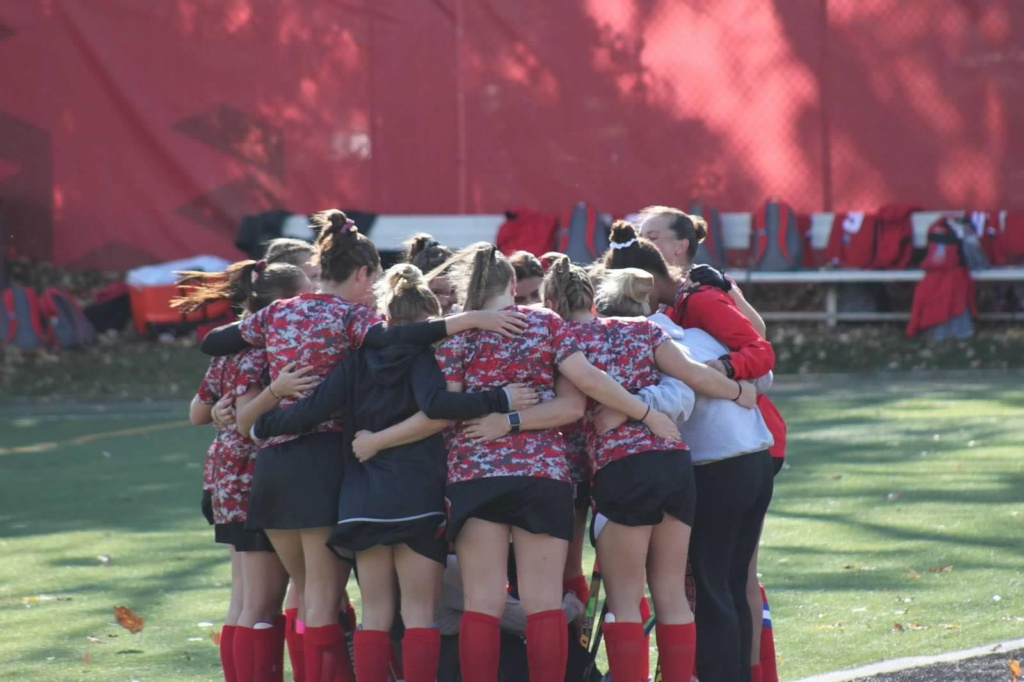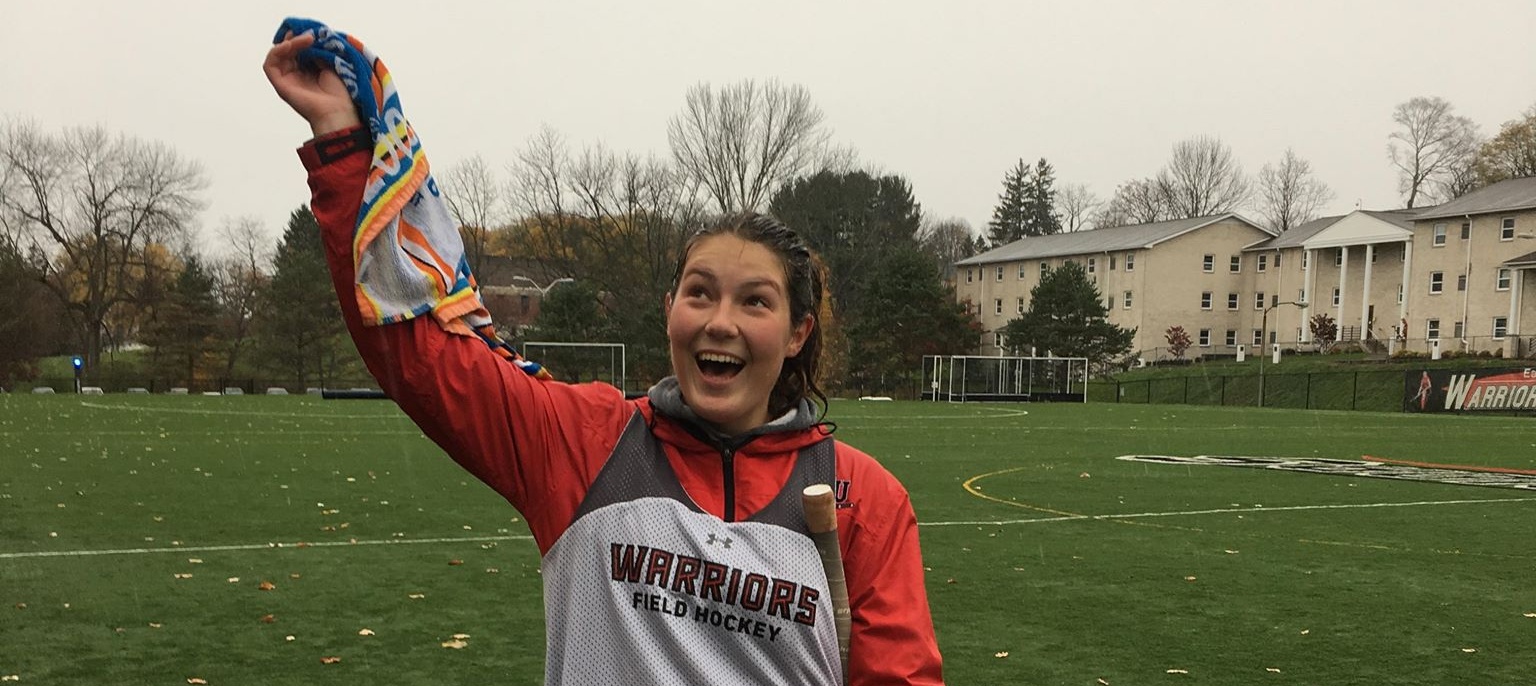
Helen Bradley
Staff Writer
In a little over three weeks, almost every aspect of our lives has changed. Schools have been forced to online-only, restaurants have closed their doors, lockdowns have been enforced and social distancing has become the norm. But yet, not everyone has been affected the same way.
I am a college student originating from Australia. I moved abroad to study at East Stroudsburg University while playing Field Hockey at the collegiate level, and now I’m stuck.
And I’m not alone, there are many other students out there just like me. For international students, this sudden turn of events not only completely changed their lifestyles but also forced them to make some hard decisions—quickly.
During many of the school breaks, I return home to Australia. So, when COVID-19 began to directly affect things around me, I was faced with a decision: to return home or stay at school for the rest of the foreseeable future?
This decision was not an easy one to make. Australia is 14 and a half hours ahead in time so for one, attending online classes over Zoom would be difficult. Further, ESU’s new security measures around accessing D2L and emails makes it impossible to check these programs overseas when you cannot receive text messages. Then there is the friends and the life that I have created here.
Unlike most American students, when we go home, we can’t just jump in a car and drive a few hours to see our friends or facetime them when we’re bored. There’s time zones and a whole lot of sea in between. And then on top of things, I haven’t spent anything longer than a month at home since moving to America. The adjustments I would face would far surpass just getting used to online classes.
Most importantly, there was my health and the health of others at stake.
As I dwelled on what I would do, it quickly became clear that I didn’t have a choice anymore. Overnight, borders shut and flights became increasingly hard to get without paying an arm and a leg. Then, it was told to us international students that leaving America at this time would possibly result in us being unable to return due to VISA restrictions and possible long-term border closures. I became stuck.
I watched other international students flee back to their home countries while they could, if they could. But I sat there; unsure, slightly fearful and somehow trying to prepare to face the upcoming events by myself.
I don’t know if any of you have ever faced a pandemic or a catastrophe this large by yourself. If you have, I give you some serious credit and respect because it’s not easy. You have to fend for yourself, figure everything out and hunker down by yourself. All the while, worrying about how your loved ones are doing. I’ve spent a lot of time learning how to live independently, however, this has definitely been one of the most stressful situations I’ve encountered.

But I don’t have it nearly as bad as others. After living here for three years, I have established a life around me. I live off-campus so I didn’t face a sudden loss of housing. I had a job so I have savings to fund myself for now. I had a short opportunity to return home.
Some international students have none of that. I think of my friend who is from Italy and, even if she wanted to, can’t return home and has to think about her family living in one of the most infectious countries. Or of my friend from Cambodia who studies at Bucknell on full scholarship and cannot afford to return home. Or the students from Asian countries who lived in on-campus housing and are now not only facing homelessness and the inability to return home but also the growing racism in America towards those of Asian ethnicity.
The struggle we, internationals, face is not comparable nor downplaying those who are fighting against COVID-19, yet it is still a significant one. For us who are stuck, we are forced to build walls of safety for ourselves, find roofs to live under and fully support ourselves because, in many cases, no one else will.
Email Helen at
hbradley2@live.esu.edu

